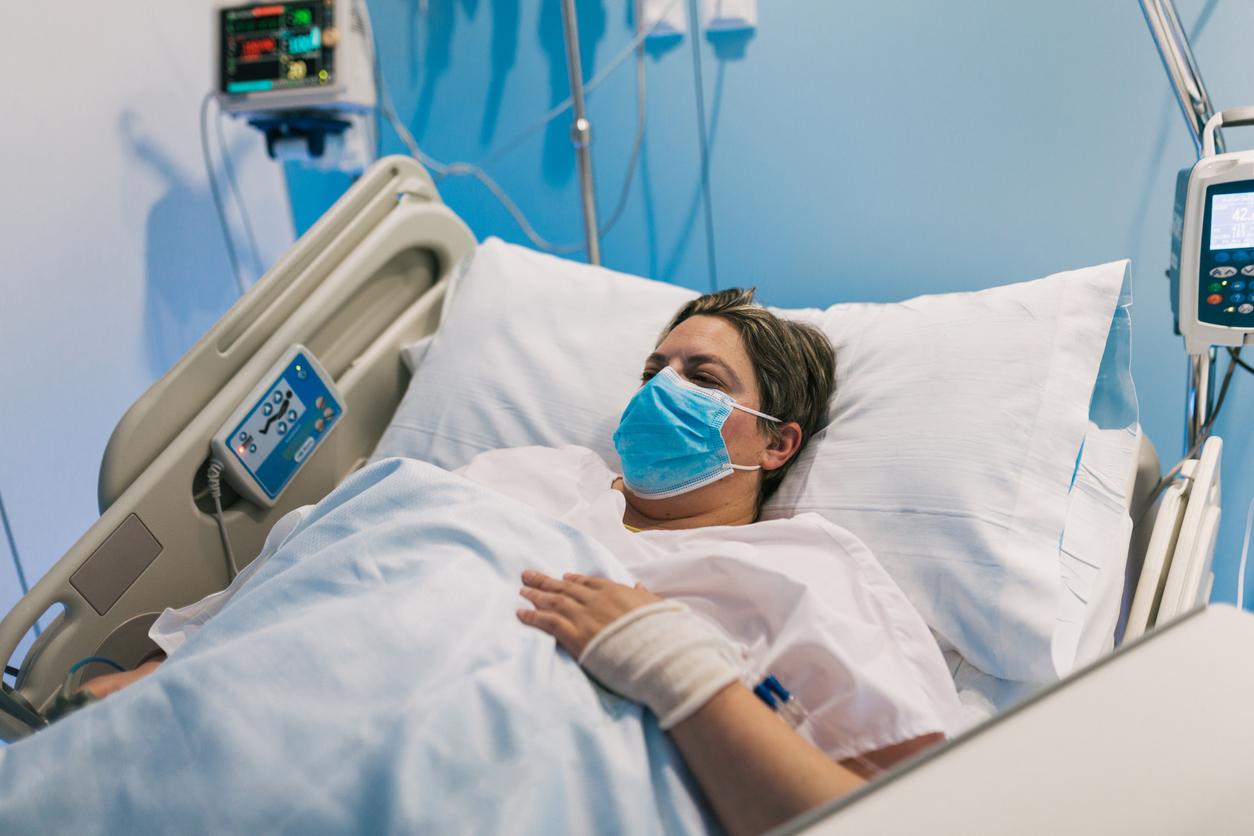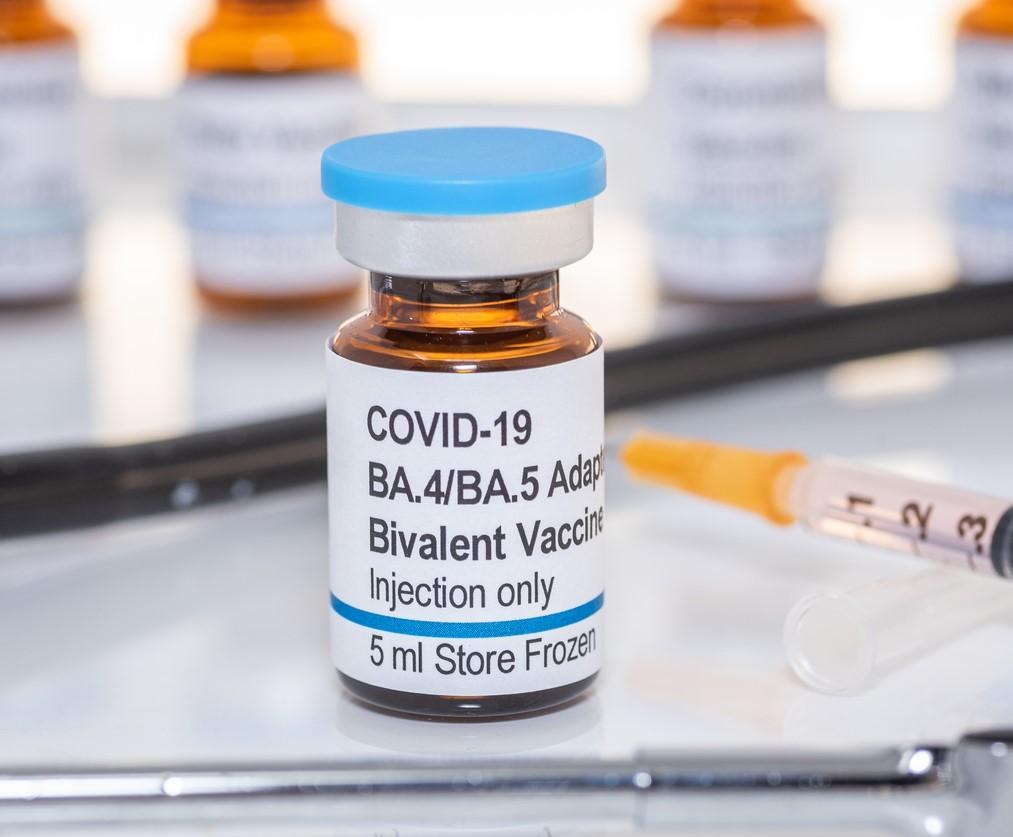Health Ministers and delegates from the 53 member states of the World Health Organization (WHO) European Region today endorsed the new European Roadmap on Antimicrobial Resistance (AMR).
The roadmap aims to help countries in the region identify, prioritize, implement, and monitor high-impact interventions to address AMR across the One Health spectrum. It includes 53 interventions that range from improving infection prevention and control and sanitation and hygiene in healthcare facilities to boosting vaccination rates to using whole-genome sampling to improve environmental surveillance. Countries can select interventions to prioritize based on national context, and WHO experts will provide technical guidance.
The road ahead is not an easy one, but we are ready to move forward as one region, guided by the new AMR regional roadmap.
AMR in the WHO European Region was associated with more than half a million deaths in 2019, according to a study published in The Lancet, and is estimated to cost European Union countries €1.5 billion ($1.58 billion US) in healthcare costs and productivity losses.
Ministers and delegates endorsed the document at the 73rd session of WHO Regional Committee for Europe.
Lack of funding, leadership, data
WHO officials say that while most countries in the region have developed national AMR action plans, more than 75% of those plans lack funds for implementation, and more than 90% of member states have had to divert resources from AMR to the COVID-19 response.
Other challenges that the roadmap aims to address include conveying a sense of urgency around the issue, a dearth of reliable data, and a lack of leadership and buy-in from different sectors.
"The road ahead is not an easy one, but we are ready to move forward as one region, guided by the new AMR regional roadmap, working towards our vision that by 2030 people and animals will be safer from hard-to-treat resistant infections and will benefit from healthier environments," Robb Butler, MA, director of the WHO's Division of Communicable Diseases, Environment, and Health, said in a WHO news release.
.jpg)

















